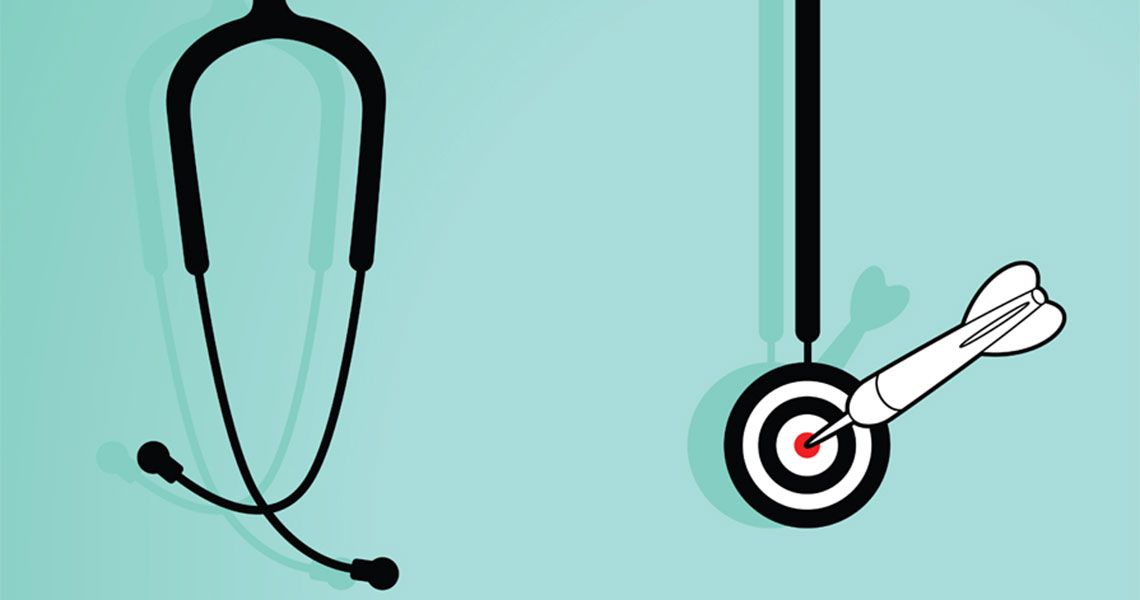Burnout among physicians, residents, and medical students is a growing issue, but according to Lotte N. Dyrbye, M.D., M.H.P.E., professor of medicine and of medical education at Mayo Clinic, there are things clinicians can do to achieve better well-being.
In her lecture, “Physician Burnout: Prevalence, Drivers, Consequences, and Strategies to Mitigate Risk” on March 3 at George Washington (GW) University, Dyrbye examined the negative consequences of burnout and the ways in which it can be prevented. The Alumni Legacy Fund for Physician Wellness made the lecture possible. The GW Medical Class of 1985 established the fund through a class gift in honor of its 30th reunion as a way to support programs that promote physician wellness and self-care.
Dyrbye described burnout as a syndrome of emotional exhaustion, depersonalization (feeling callous or detached), and a low sense of personal accomplishment. In a 2011 study conducted by the American Medical Association, of which Dyrbye is a principal investigator, 46 percent of 7,000 physicians surveyed had symptoms of burnout. In a 2015 follow up to the study, rates of burnout rose substantially across every specialty, Dyrbye said.
“But isn’t everybody burnt out?” she asked. “What about the attorney down the street, or the small business owner? Is it just a phenomenon of our society?”
In studies comparing physicians to the average U.S. worker, Dyrbye explained, the results showed that doctors had higher burnout and more dissatisfaction when it came to their work-life balance. The same holds true for medical students compared to other university students, and for residents compared to other college graduates.
But it’s not all doom and gloom, she stressed. Not every physician gets burnt out, and among those who do, most recover. In addition, there are factors within the control of physicians, residents, and medical students that can make a difference.
“We all have a role for self-care,” she said. Dyrbye told the students, residents, and physicians in the audience to ask themselves: What might be some behaviors that put me at increased risk for burnout? What might I be able to incorporate into my life that would lower my risk?
One protective factor, she said, is social support. Having family, friends, or a spouse to talk to and lean on builds resiliency. “The question here is, what are you doing to promote your relationships in school, at work, at home? We all need to be intentional about that,” explained Dyrbye.
“We know physicians who aren’t burnt out … work hard at having a positive outlook, they really incorporate a philosophy of work-life balance into their decisions, they focus on what’s most important in their life, and they take their vacation,” she added.
Dyrbye also encouraged the audience members to avoid using their passions as a reward for accomplishing a task or taking the next step in their career.
“Let’s say [someone’s passion is] playing the piano. They really enjoy playing the piano. They get to medical school and say ‘I’m going to play the piano after I get through anatomy’ or ‘after I match.’ That’s delayed gratification and that’s a very dangerous strategy that’s associated with a higher risk of burnout,” she explained.
“If you have that [passion], I encourage you to rediscover it. I encourage you to find a way to carve out even just a little piece of time for it, because that’s an important thing to keep if you want to be thriving,” Dyrbye said.



